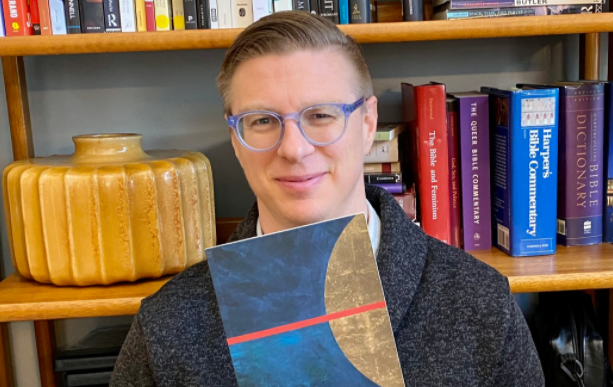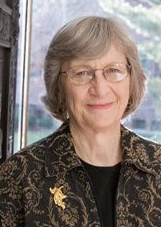MHA Awards Nominations: February 15th Deadline
February 6, 2012From the Mormon History Association: The Mormon History Association will give its yearly awards for the best books, articles, dissertation, thesis, and student papers published or written on Mormon history during 2011 at its annual…










